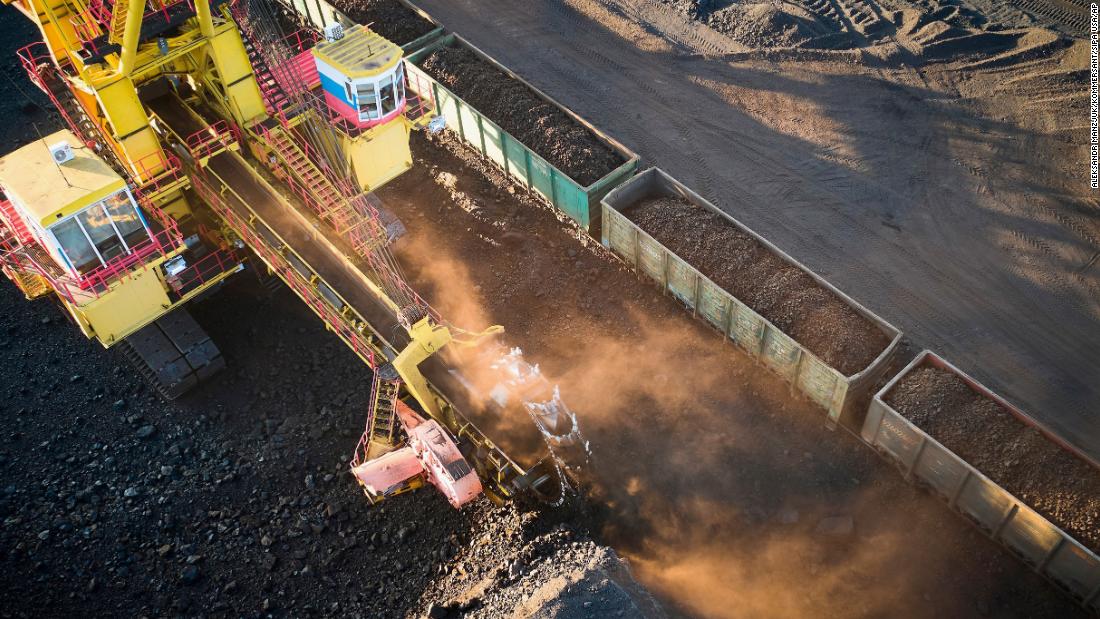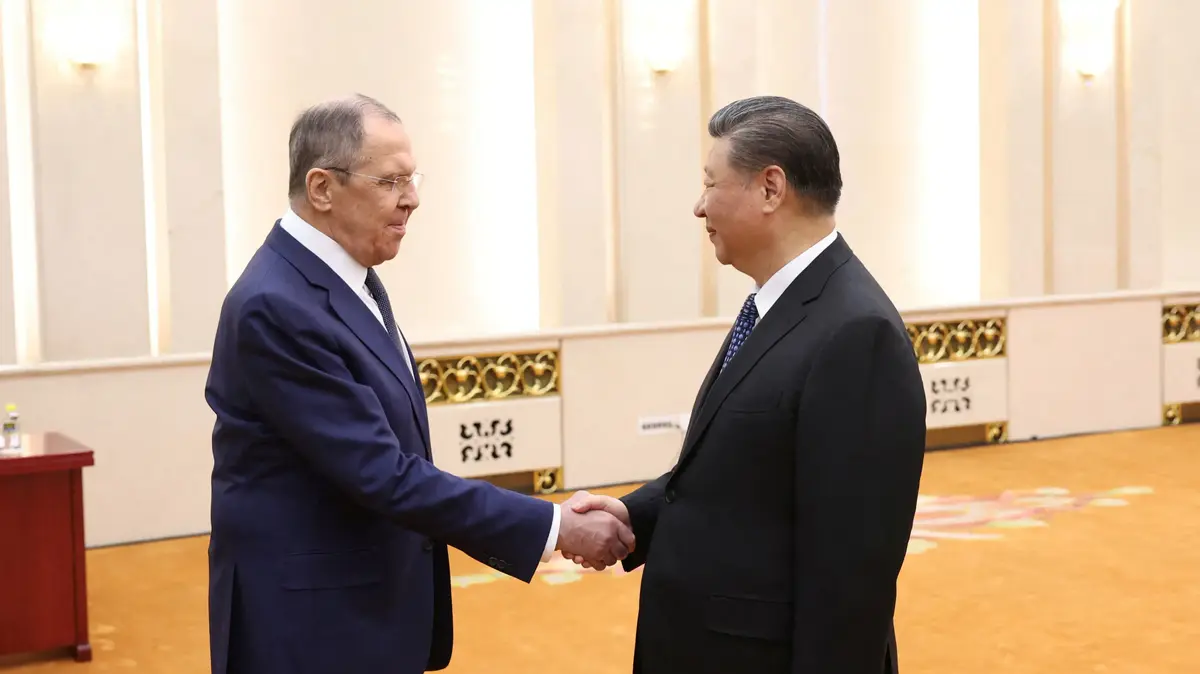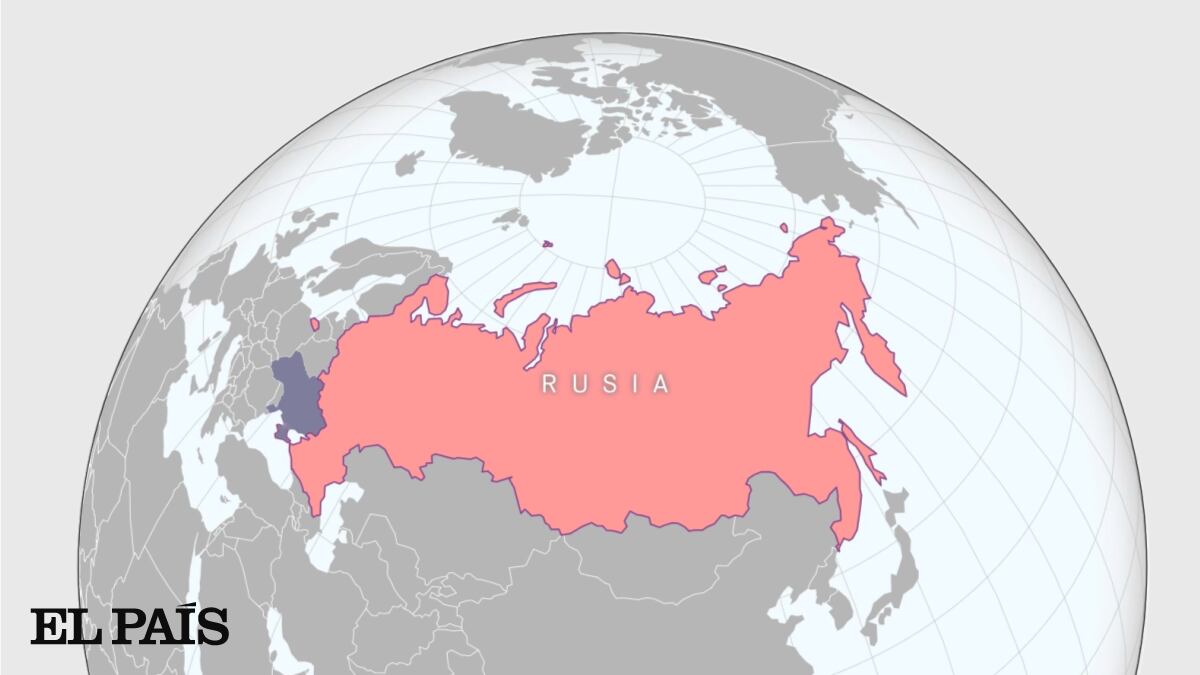Covid-19 hits China's economy stronger than expected 1:16
(CNN Business) --
China is buying record amounts of cheap Russian coal, even as Western nations hit Moscow with sanctions over the Ukraine invasion.
In April, the world's second-largest economy not only bought more coal from Russia than ever before, but also scrapped import tariffs on all types of coal, a move analysts say will primarily benefit Russian suppliers. .
The resurgence of covid-19 hits the Chinese economy harder than expected
China's coal imports from Russia nearly doubled between March and April, reaching 4.42 million metric tons, according to Refinitiv trade data.
Russia has overtaken Australia as China's second largest supplier since last year and now accounts for 19% of its coal imports, up from 14% in March.
The rise of the coal trade favors both sides.
Despite bold promises to tackle the climate crisis, China is now focused on pulling its economy out of the slump and needs coal to power power plants and make steel for infrastructure projects.
Russia desperately needs new customers for its fossil fuels, as the West rejects them.
Russia is the world's third largest coal exporter and is now China's second largest supplier, behind Indonesia.
China, the world's largest buyer of coal, promised in 2020 to be carbon neutral by 2060. However, following severe power shortages that hit millions of homes and businesses late last year, it increased its coal consumption.
advertising
Coal imports soared 64% in 2021, with domestic production reaching a record 4.13 billion tons.
This year these figures are expected to be even higher, as President Xi Jinping prioritizes infrastructure investments to revive the economy.
Last month, China imported a record 1.09 million tonnes of coking coal from Russia, up 10% from April last year, according to Matthew Boyle, principal dry bulk analyst at data firm Kpler. .
Coking coal is used to make steel.
First there was a fall
Coal trade between China and Russia dwindled shortly after Moscow invaded Ukraine in February and Western countries began hitting Russia with unprecedented sanctions.
At first, Chinese banks were reluctant to provide financing for the purchase of Russian raw materials, according to Reuters.
"After Russia launched the invasion, the Chinese and many other buyers initially scaled back their purchases to assess the risk of secondary sanctions," said Lauri Myllyvirta, senior analyst at the Center for Research on Energy and Clean Air, a US-based think tank. in Helsinki.
Workers loading coal onto train cars at a mine in the Krasnoyarsk region of Russia.
By March, that reluctance had evaporated.
"When it became clear that the EU was not going to move quickly to ban imports, and that effectively prevented both the US and the EU from imposing broader sanctions that would affect other buyers, there was a jump in purchases stemming from the latent demand," Myllyvirta said.
Since then, the European Union has approved a ban on Russian coal, which will take effect from August.
Earlier this month, he also proposed to ban all imports of Russian oil within six months.
get it cheap
Not only is China now buying a lot of Russian coal, it is doing so at a deep discount.
Russia is the world's third-largest exporter of coal, and global coal prices have skyrocketed since it invaded Ukraine.
The ICE Newcastle coal futures price is up more than 40% since the beginning of March.
"In recent months, sanctions have caused a sharp bifurcation of the global market for sea-supplied coal, as many importers are unable or unwilling to import coal from Russia," said Toby Hassall, principal analyst at Coal Market Research at the London Stock Exchange Group.
As the pool of buyers shrinks, importers who are able and willing to buy coal from Russia "pay much lower prices for this supply compared to coal from other origins," Hassall said.
China pledges support for tech companies 1:14
In April, Russian premium coking coal delivered to the north China port of Jingtang was priced at 2,710 yuan ($403) per metric ton, according to Chinese industry data provider MySteel.
This figure compares with US$475 for US coking coal arriving at the port and US$423 for coal mined in China.
Price discounts have persisted this month.
As of the end of last week, Russian coking coal at ports in northern China cost an average of $439 per metric ton, according to Hangzhou-based data provider Hithink Flush Information.
Australian coal was $512, Chinese $496.
For Beijing, buying more from Russia is not only a friendly gesture towards Moscow, but also a smart move that benefits China's own economic needs.
"So far, the government seems to be seeking to maintain friendly relations with Russia without encouraging or guiding Chinese companies to increase their business with the country, and discouraging anything that might go against the sanctions imposed on China," Myllyvirta said. .
"This line means that Chinese imports from Russia are likely to grow simply on a market basis, as other buyers move to embargo Russian fossil fuels," he said.
Why does China need so much coal?
Despite promises to reduce its dependence on fossil fuels, China still needs coal to fuel its economy.
Up to 60% of China's electricity production was generated from thermal coal in 2021, while more than 90% of Chinese steel was produced in blast furnaces burning coking coal.
Overall, coal accounted for 56% of China's total energy use as of last year, according to the National Bureau of Statistics.
"The Chinese government is promoting all kinds of infrastructure and construction projects, including those in the coal industry, to offset the effect of the real estate slump and the covid-19 shutdown in other parts of the economy," Myllyvirta said.
China has been trying to boost coal production since last year, when a severe electricity crisis caused blackouts in millions of homes and forced many factories to cut output.
On Thursday, Premier Li Keqiang said a steady supply of energy is critical to China's growth goals.
Are economic sanctions against Russia effective?
2:16
China will "resolutely" prevent a power crisis from occurring this year, Li said during a visit to a power transmission center in China's Yunnan province.
The National Energy Administration has set Chinese mines a target of 4.4bn tonnes this year, an increase of 300m from last year's record production.
And in another effort to secure supply, the government slashed all coal import tariffs to zero between May 1 this year and March 30, 2023. Previously, tariffs ranged from 3% to 6%. %, depending on the type of coal.
Indonesia, China's top supplier, has enjoyed zero tariffs for years thanks to a free trade pact between China and ASEAN nations.
But Russia was still subject to tariffs until this month.
"We estimate a 30% increase in [Russia's] export volume to China, to 71m tonnes this year versus 55m tonnes in 2021," Morgan Stanley analysts said in a research note last month. .
A new bridge between China and Russia could contribute to this.
Last month the first rail bridge linking the two countries was completed.
The 2,215-meter-long bridge will be used primarily to transport coal, iron ore and other goods from Russia to China, according to Chinese state media.
CoalChinaRussian News







